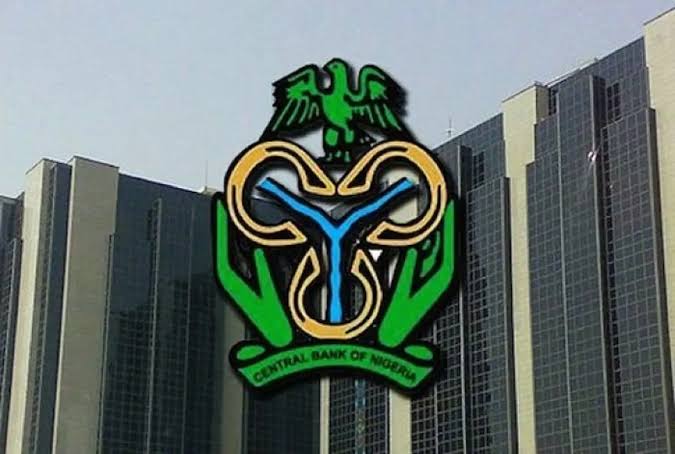
The Central Bank of Nigeria (CBN) has announced an immediate suspension of all approvals for the extension of export proceeds repatriation timelines, a move aimed at enforcing compliance with foreign exchange regulations.
In a circular dated January 8, 2025, signed by Dr. W.J. Kanya, the acting Director of CBN’s Trade and Exchange Department, the apex bank cited provisions in the 2018 Revised Foreign Exchange Manual to support the decision. The directive applies to both oil and non-oil export transactions.
The circular emphasized strict adherence to stipulated timelines, mandating that non-oil export proceeds must be repatriated within 180 days from the bill of lading date, while proceeds from oil and gas exports must be repatriated within 90 days.
“With effect from the date of this circular, the Central Bank of Nigeria will no longer approve requests for extension of repatriation of export proceeds by authorised dealers on behalf of their customers. Proceeds of oil and non-oil exports are to be repatriated and credited into the exporters’ export proceeds domiciliary accounts within the specified timelines,” the circular stated.
Impact and Compliance
The policy places stricter obligations on exporters and authorised dealer banks to comply with repatriation rules. Banks are now tasked with notifying clients and ensuring compliance with the updated regulations. Non-compliance could result in penalties or regulatory actions, the CBN warned.
This move is part of broader efforts by the CBN to increase foreign exchange inflows and boost Nigeria’s reserves.
Previous Measures on Forex Management
Last year, the CBN introduced a series of forex policies affecting international oil companies (IOCs). These measures included limiting IOCs’ ability to remit 100% of forex proceeds to their parent companies abroad. Instead, 50% of proceeds were to be repatriated immediately, with the remaining half delayed for 90 days.
In addition, the CBN mandated approval for cash pooling by IOCs and required detailed expenditure statements before pooling. These measures allowed IOCs to use 50% of repatriated funds to settle financial obligations within Nigeria while selling the remaining proceeds to authorised forex dealers.
The latest decision underscores the CBN’s focus on fiscal discipline and stricter forex regulation to stabilize the nation’s economy.








